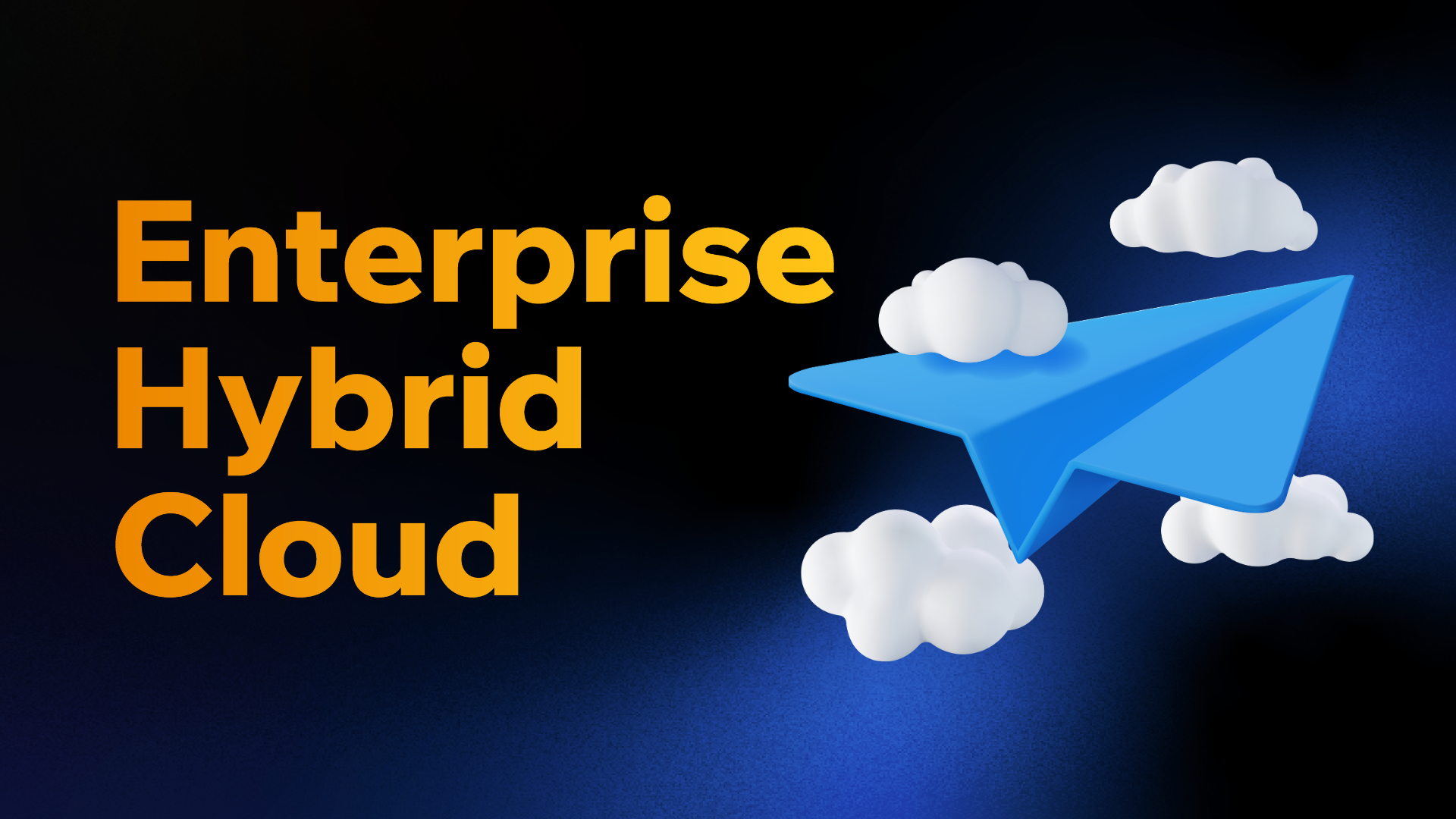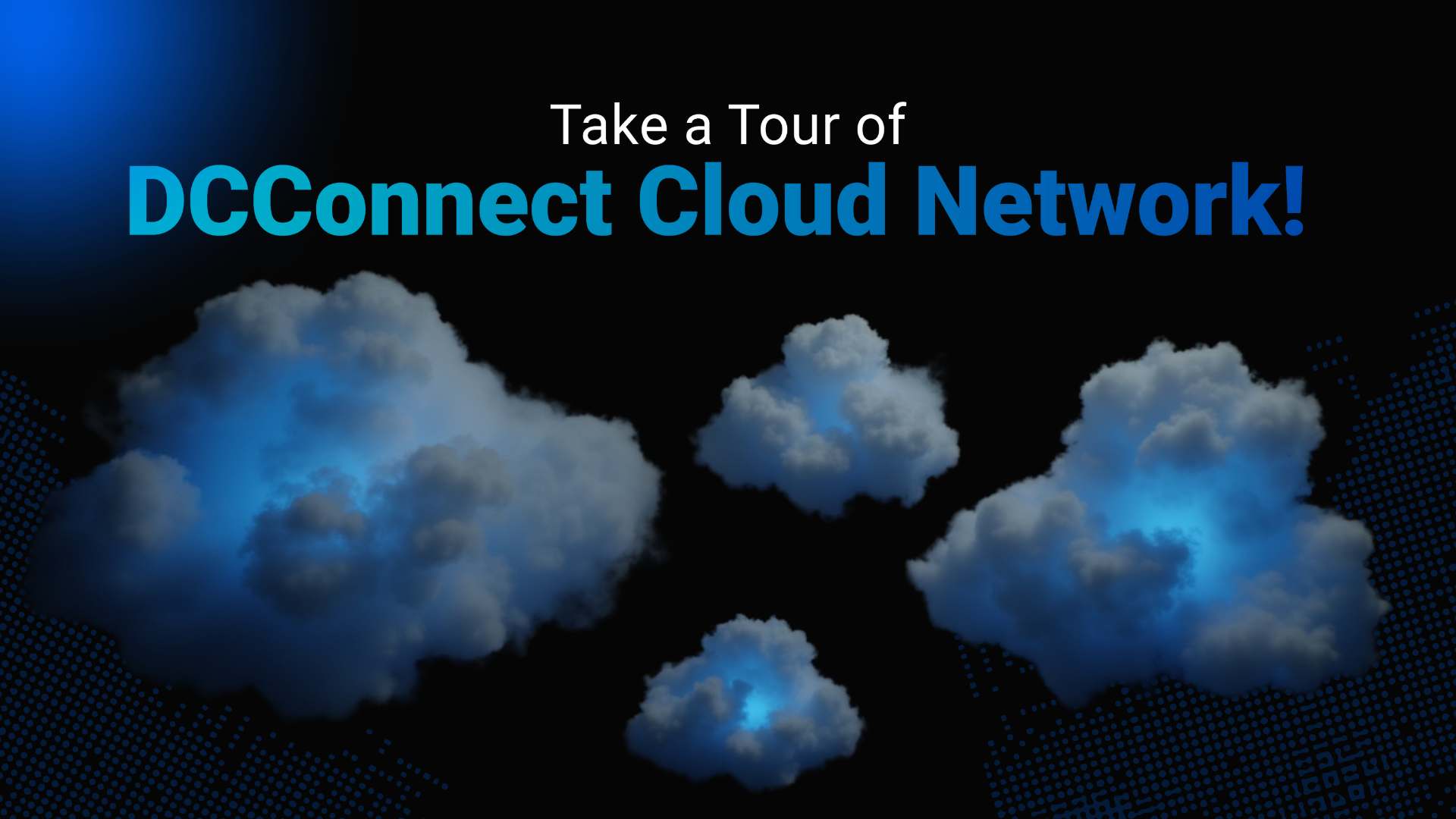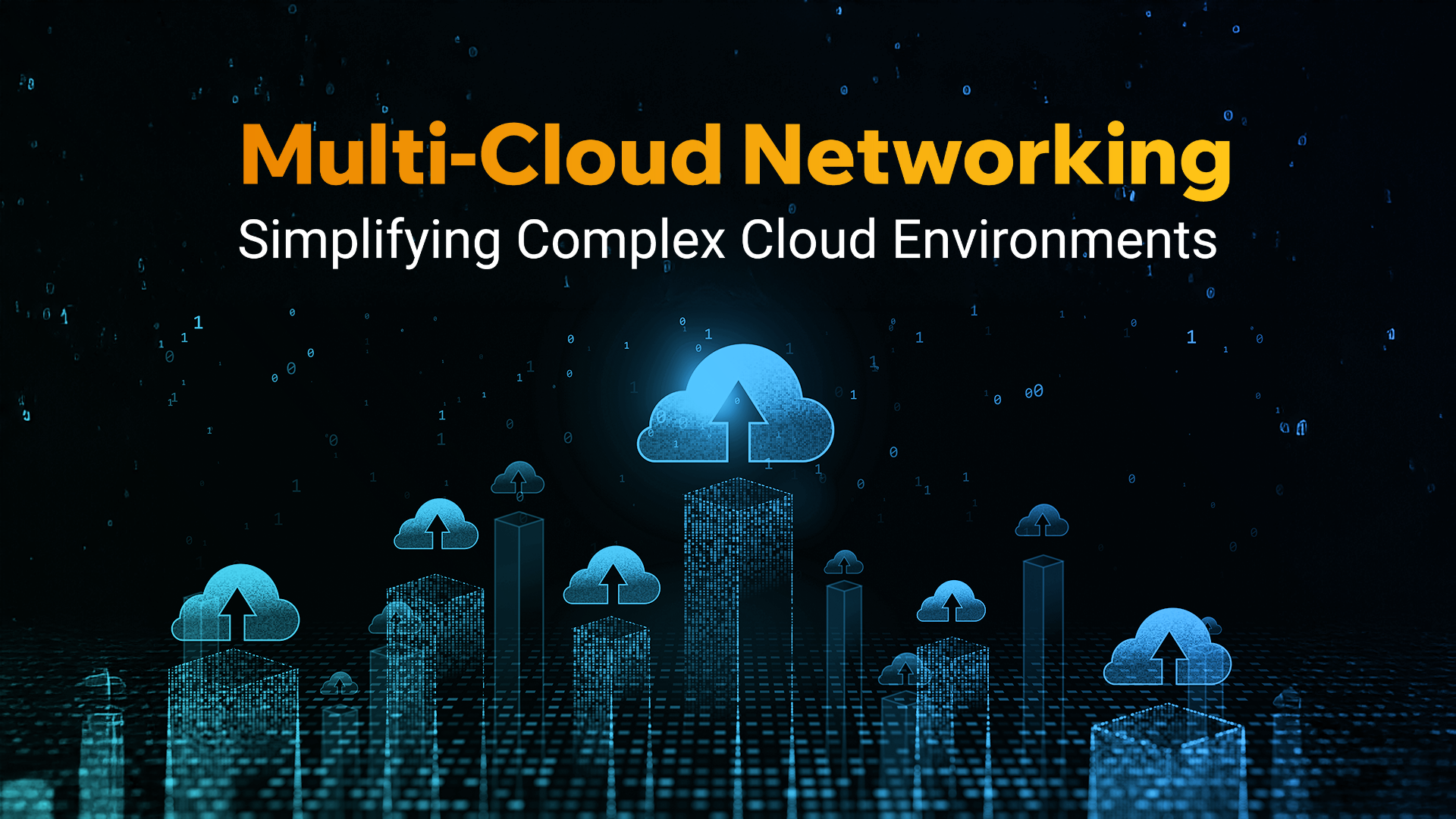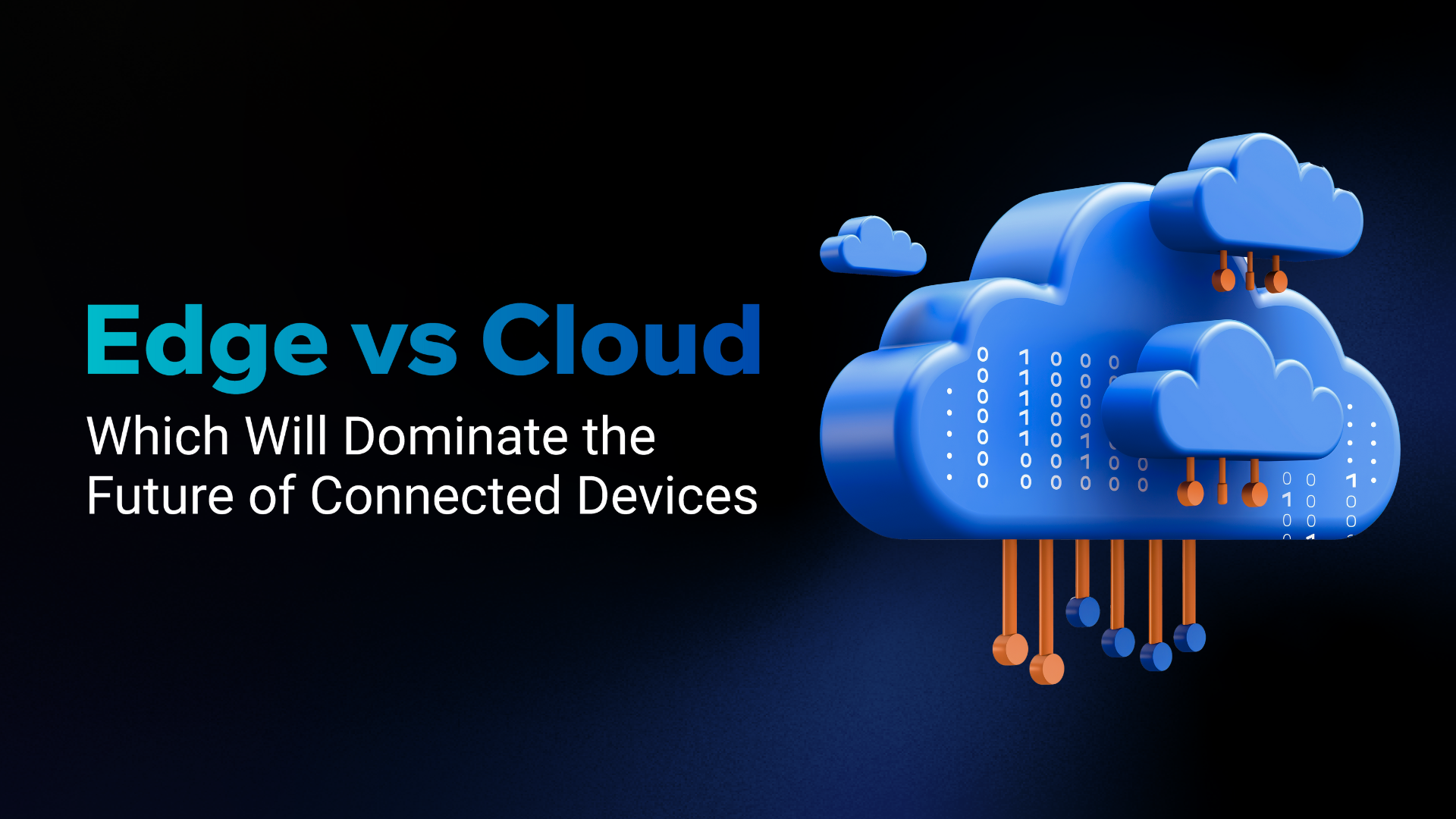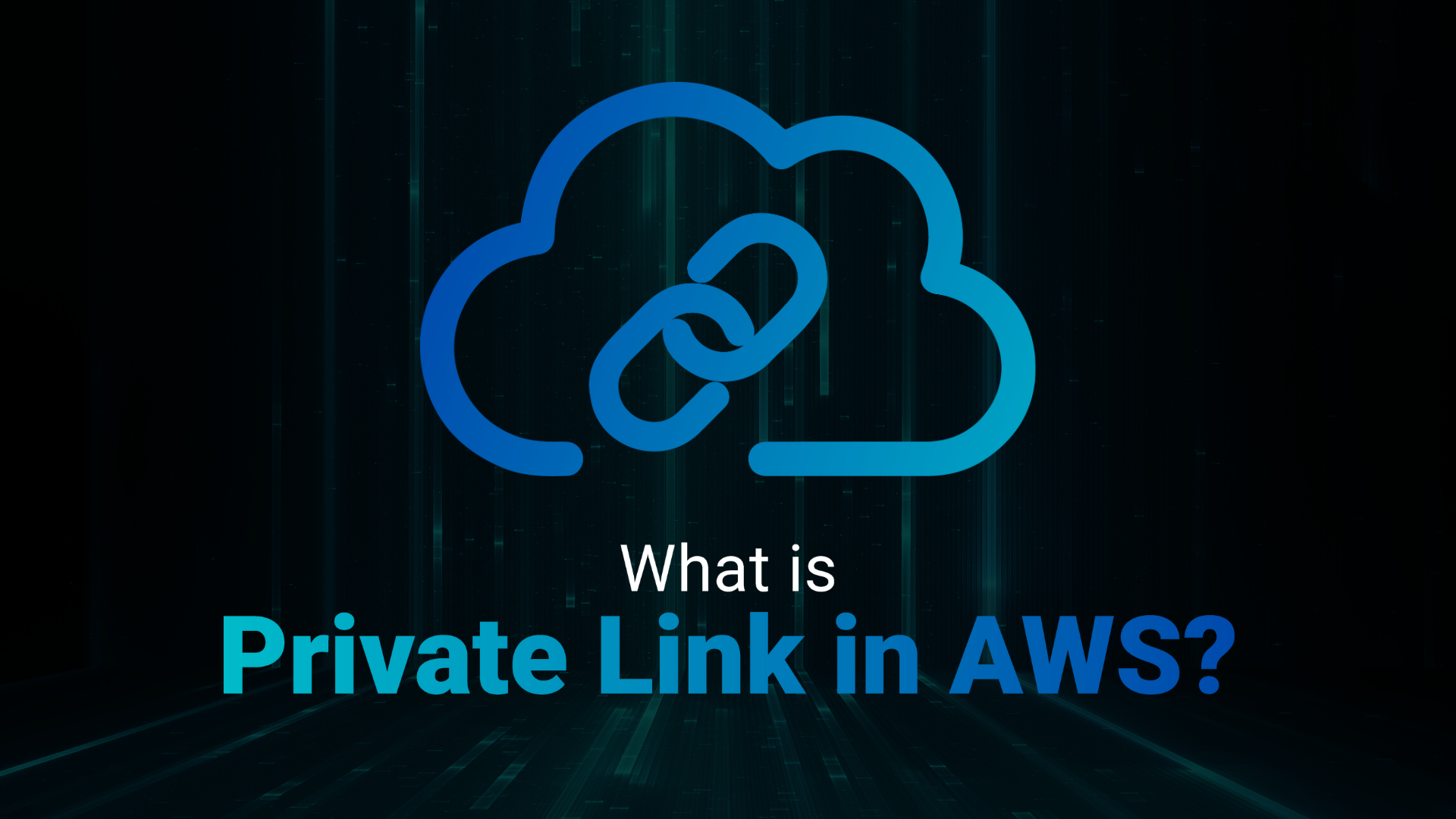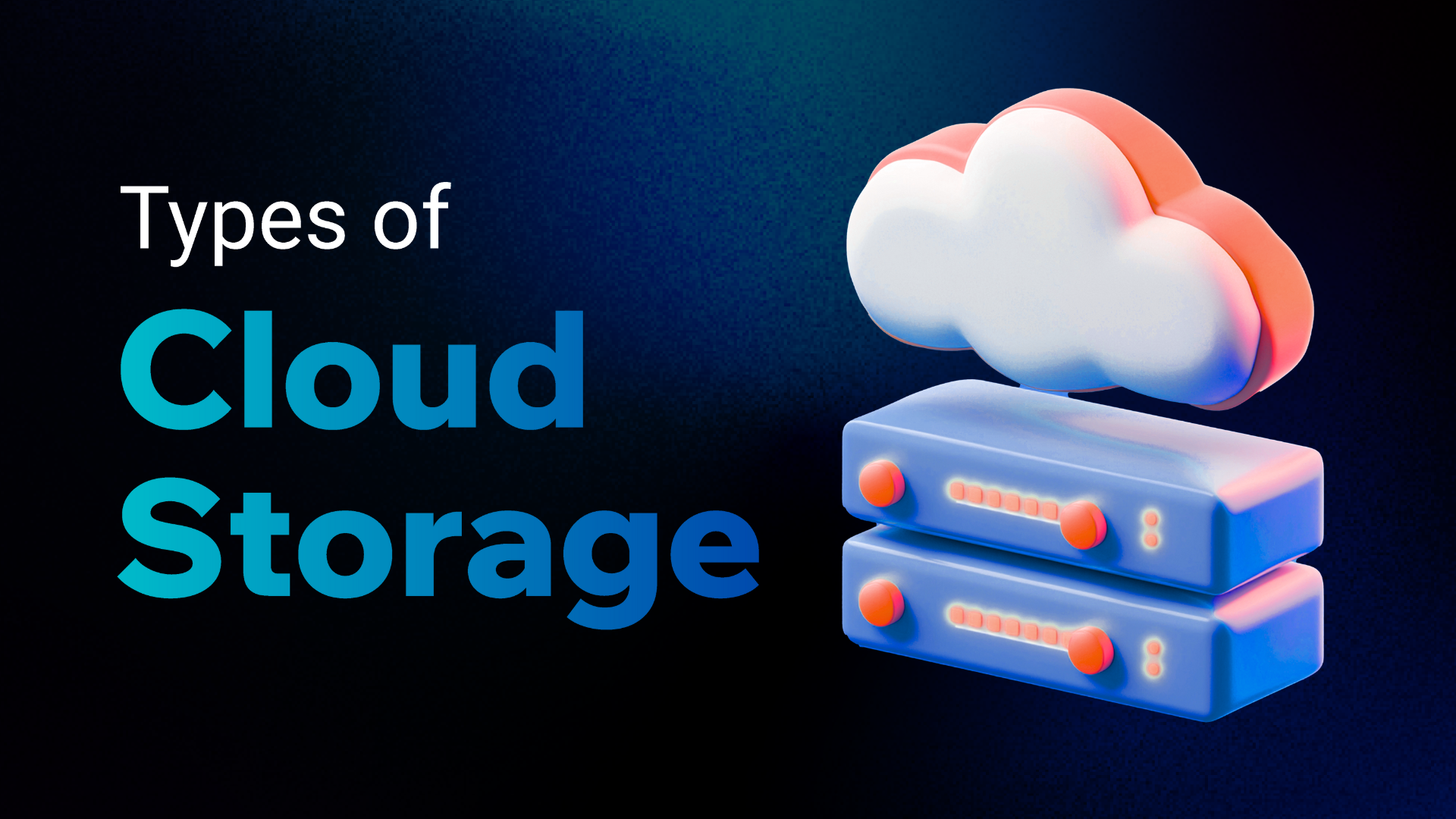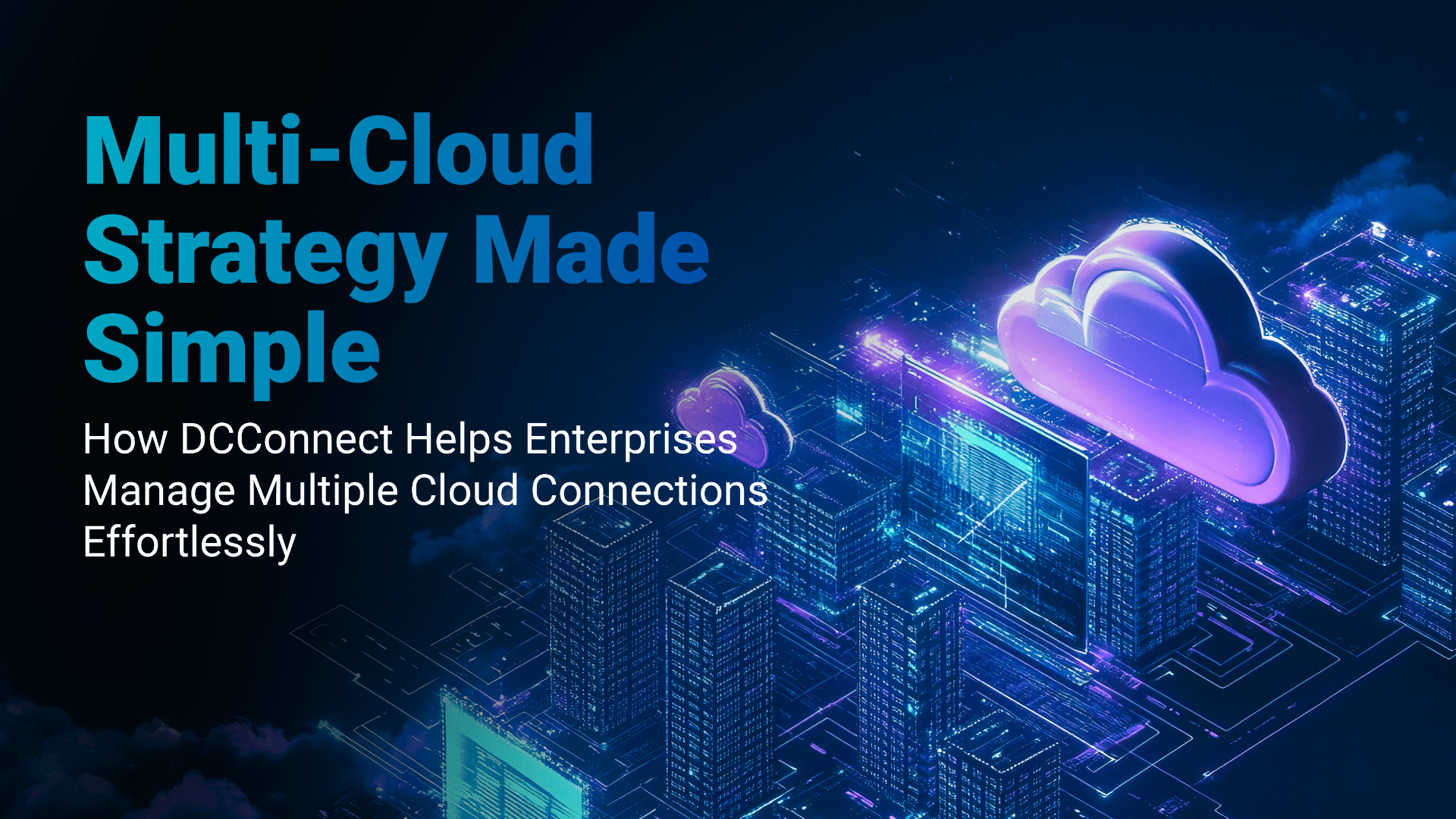
Multi-Cloud Strategy Made Simple: How DCConnect Helps Enterprises Manage Multiple Cloud Connections Effortlessly
n today’s fast-moving digital world, enterprises are embracing multi-cloud strategies to gain flexibility, avoid vendor lock-in, and optimize performance across platforms. But managing multiple cloud connections—AWS, Azure, Google Cloud, and others—can quickly become complex, expensive, and risky. That’s where DCConnect steps in. Why Multi-Cloud? Modern enterprises rarely rely on a single cloud provider. Different workloads require different cloud environments based on price, performance, or compliance needs. A multi-cloud strategy empowers IT teams to: However, with this freedom comes operational complexity—especially around managing connections, latency, security, and network visibility. DCConnect: The Smart Solution for Multi-Cloud Networking DCConnect provides a carrier-neutral, software-defined platform that simplifies multi-cloud connectivity across the Asia-Pacific and global regions. Whether you need direct access to AWS in Singapore, Azure in Hong Kong, or Google Cloud in Tokyo—DCConnect makes it seamless. Here’s how: 1. One Platform. Any Cloud. With DCConnect, enterprises can instantly provision secure and high-performance connections to multiple cloud providers through a single interface. No more managing multiple carriers or contracts. 2. Real-Time Provisioning Forget weeks of lead time. DCConnect’s platform allows on-demand provisioning in minutes—ideal for DevOps, disaster recovery, or time-sensitive workloads. 3. Pay-as-You-Go Pricing Only pay for what you use. DCConnect’s usage-based billing ensures maximum cost-efficiency for both short- and long-term deployments. 4. Enhanced Security & Visibility By bypassing the public internet, enterprises benefit from private, secure connections. You also gain full network visibility and control, ensuring compliance and performance tracking. 5. Seamless Integration with Cloud On-Ramps DCConnect is integrated with major cloud on-ramp locations, including Equinix, STT, and other regional data centers—enabling ultra-low-latency connections to: 6. Multi-Site and Hybrid Cloud Support Manage multiple data center locations and cloud regions with ease. Whether you’re building a hybrid cloud or a disaster recovery solution, DCConnect provides the network backbone to make it work. Ready to Simplify Your Multi-Cloud Strategy? Visit www.dcconnectglobal.com or reach out to our team to discover how you can connect, scale, and thrive with DCConnect.



